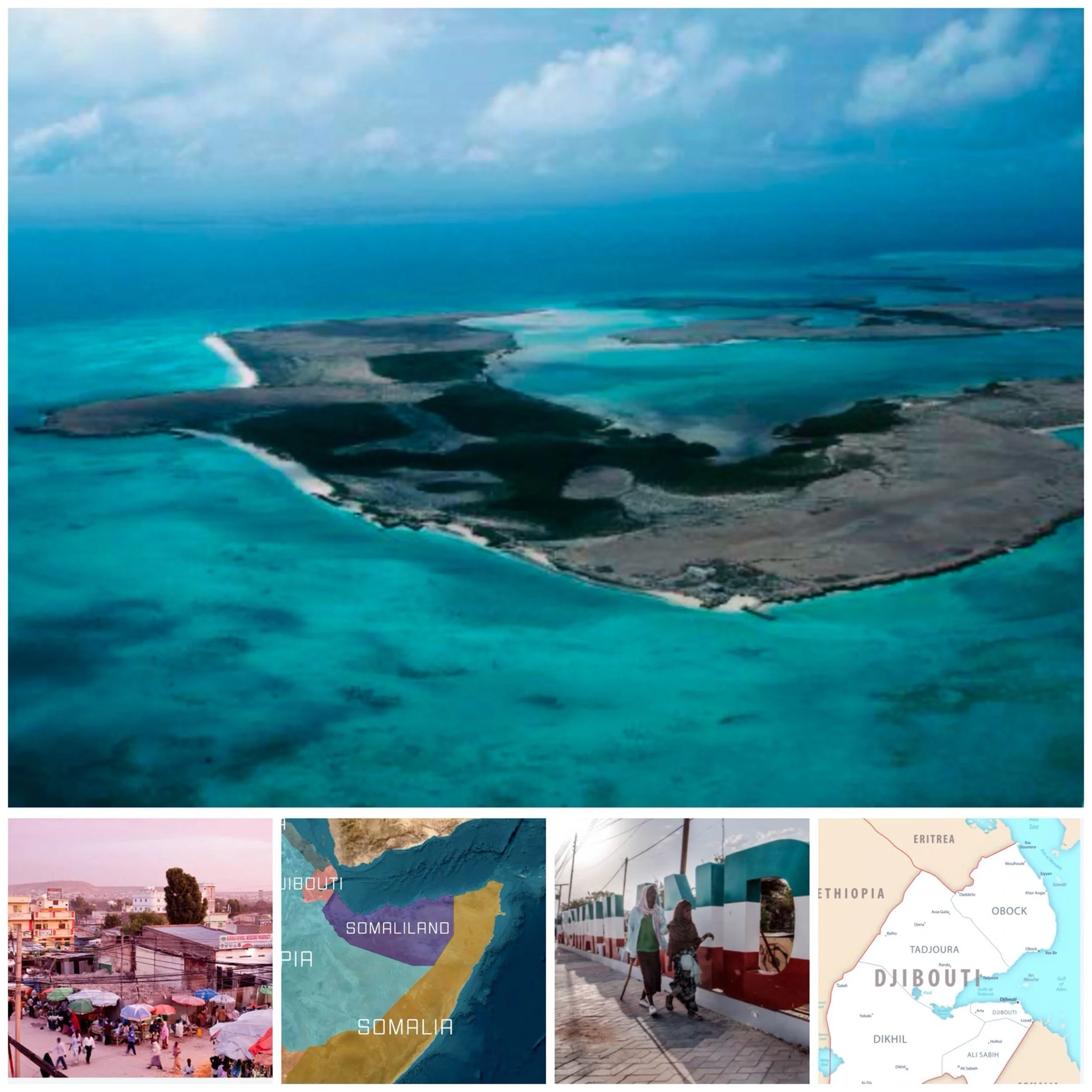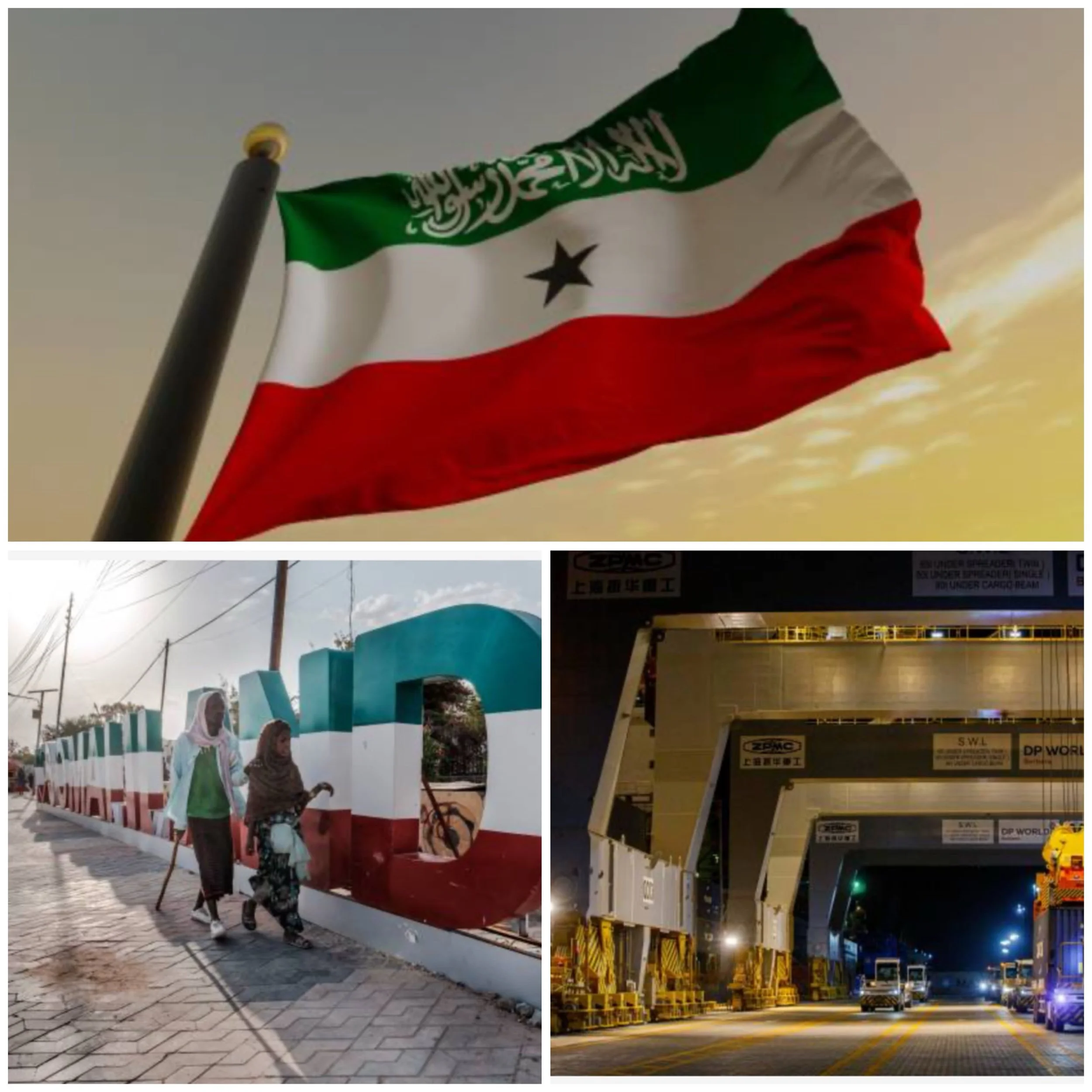What are the historical ties between Djibouti and Somaliland
Introduction
Djibouti and Somaliland share significant historical ties rooted in their colonial past and geographical proximity in the Horn of Africa. Their interconnected history can be traced through several key periods:
Colonial Era
In the late 19th century, the region was divided among European powers during the Scramble for Africa.
Djibouti became French Somaliland in 1896, while Somaliland was established as a British protectorate.
The French signed treaties with both Afar and Somali ethnic groups, including the Issa clan, to establish their control over the area that became French Somaliland.
Pre-Independence Period
Both territories were part of the broader Somali-inhabited region in the Horn of Africa.
The French Territory of the Afars and the Issas (former name of Djibouti) and British Somaliland existed as separate entities but shared cultural and ethnic ties.
Djibouti’s port became crucial for trade, attracting caravans from the region, including areas that are now part of Somaliland.
Independence and Aftermath
Somaliland briefly gained independence in 1960 before joining with Italian Somaliland to form Somalia.
Djibouti achieved independence later, in 1977, becoming the Republic of Djibouti.
After Somalia’s civil war, Somaliland declared independence in 1991 but remains unrecognized internationally.
Contemporary Relations
Djibouti has played a role in mediating between Somaliland and Somalia.
Both entities compete for economic influence in the region, particularly regarding port development and trade with Ethiopia.
Recent tensions have emerged due to Somaliland’s agreement with Ethiopia, which Djibouti perceives as a threat to its economic interests.
Conclusion
The historical ties between Djibouti and Somaliland are complex, characterized by shared cultural elements, colonial-era divisions, and contemporary economic and political dynamics in the Horn of Africa region.





